Search Results
80 records found
Fortnight of Films: 14 Films for the Fortnight for Freedom
In support of the Fortnight for Freedom, the National Catholic Register and Decent Films are pleased to present a selection of 14 films, chosen by me, all in some way engaging themes of religious liberty, moral conscience and commitment faith in the face of pressure and persecution have been reflected in cinema.
The Four Feathers (2002)
Monte Cristo is also the only one of the three that knows it’s essentially a comic-book movie, and has appropriately modest aspirations. Like Road to Perdition, The Four Feathers feels like a weighty epic, though neither movie weighs in at more than about two hours, and neither really knows what it’s about.
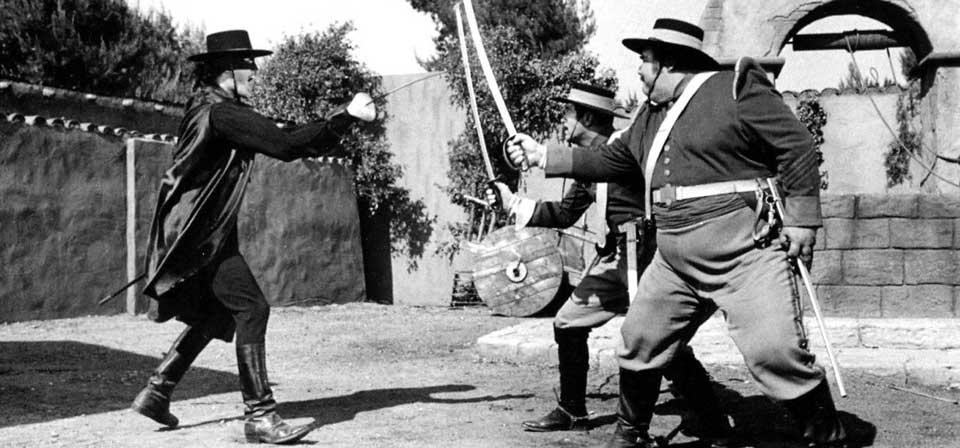
The fox so cunning and free: Walt Disney’s “Zorro”
Silent star Douglas Fairbanks, Sr. is still the silver screen’s ultimate swashbuckling Zorro. Tyrone Powers ideally embodies the sly subterfuge of a man of iron turning on a dime from foppish languor to finely double-edged banter to masked derring-do. But Guy Williams, hero of Walt Disney’s popular 1950s television series, is the most beloved Zorro of all time.
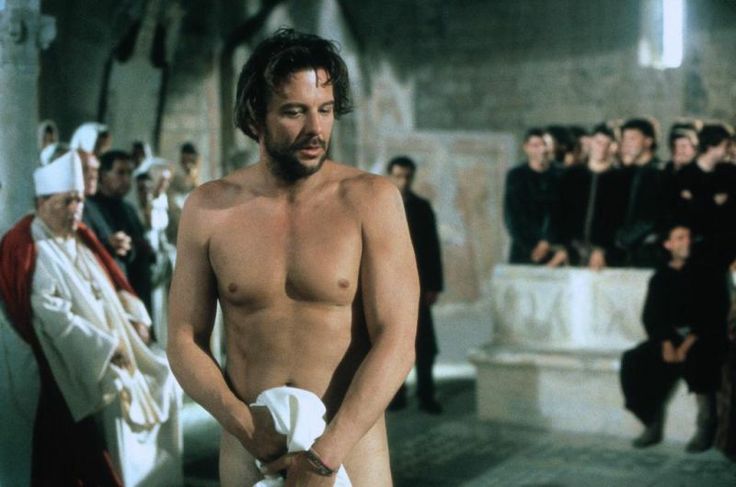
Francesco (1989)
How is it, then, that Cavani succeeds in making Francesco neither an attractive hero of secular virtues nor an off-putting champion of spiritual ones? How does she come to make her protagonist off-putting without being otherworldly, earthbound without being attractive?
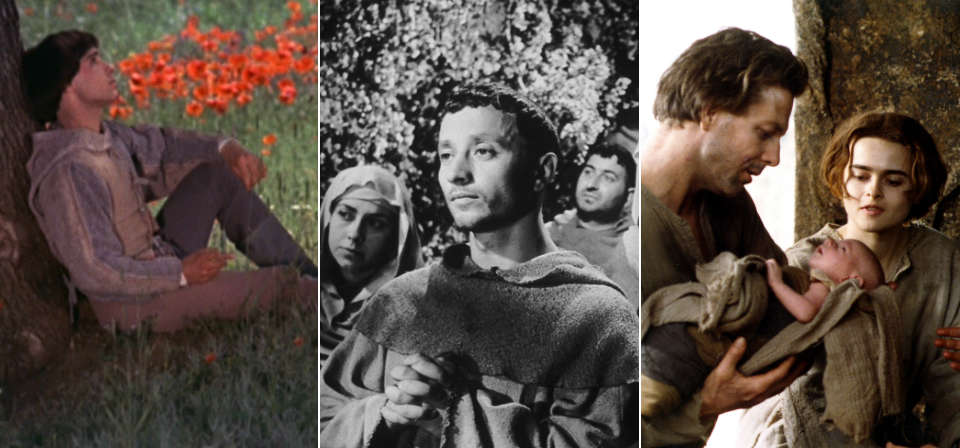
“Franciscan” movies for Pope Francis’ US visit
Much like Pope Francis himself at times — or even like Jesus himself — Saint Francis of Assisi has often been made into an avatar or mascot of people’s likes (or dislikes) rather than being recognized as the surprising, vibrant figure he really was.
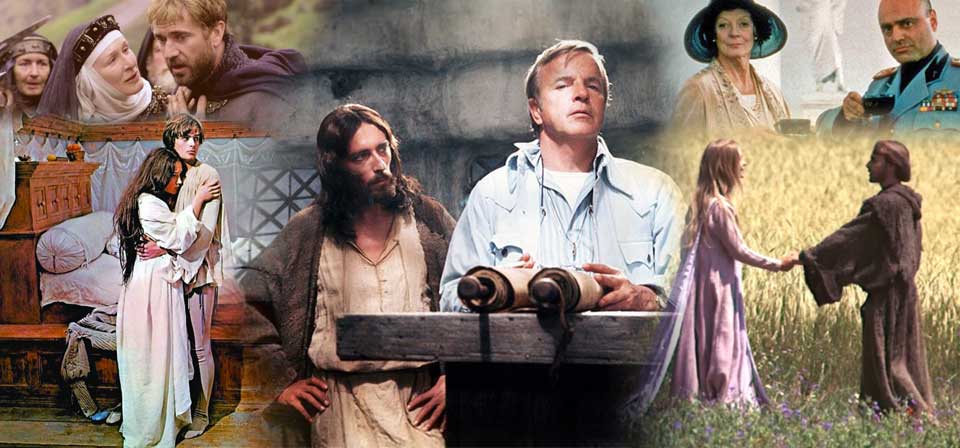
Franco Zeffirelli’s complicated, Catholic life: What does it mean for his art?
For Catholics and other Christians, the contradiction between Zeffirelli’s faith and the themes of his religious films on the one hand and his openly homosexual lifestyle on the other raise perennial questions about the mysterious relationship of art and the artist.
Frankenweenie [video]
Frankenweenie, Burton’s best film in years, is available in a number of editions: four-disc Blu-ray/DVD combo with 3-D Blu-ray and digital copy; 2-disc Blu-ray/DVD combo, and 1-disc DVD.
Freaky Friday (2003)
(Co-written with Suzanne E. Greydanus) In the very end there’s a scene in which Anna’s grandfather (thrown into the movie as a hard-of-hearing joke) is lamenting that “youth is wasted on the young.” Too bad the makers of this new Freaky Friday forgot that.
Frequency (2000)
This is a film about the legacy of fatherhood and the inheritance of sonship, about the unbreakable connection and the unbridgeable gap between one generation and the next. It is a celebration of masculinity, but it contemplates how men relate to women as an index of their manhood.
Freud, C. S. Lewis, and the Question of God
The Question of God, airing in two parts on PBS September 15 and 22, is an extension of Dr. Nicholi’s course and of his book The Question of God: C. S. Lewis and Sigmund Freud Debate God, Love, Sex, and the Meaning of Life, published by the Free Press. Over the course of its four hours, The Question of God blends biographical surveys of Freud’s and Lewis’s intellectual and metaphysical journeys, panel discussions of believers and unbelievers moderated by Dr. Nicholi, expert interviews with authorities like Peter Kreeft and Harold Blum, and dramatic readings from Freud’s and Lewis’s writings with actors portraying the two thinkers.
Friendly Persuasion (1956)
Scenes of silent, unstructured Quaker meetings are contrasted without comment or judgment to the boisterous singing of the local Methodist church, but — despite Eliza’s best efforts — the film is largely an account of the compromises the Birdwells are and aren’t willing to make. Their principles are repeatedly put to the test, at the local fair, on the Sunday morning ride to the meeting house as a smug neighbor blows past Jess’s slow horse every week, and so on. One of the best vignettes concerns an impasse between Jess and Eliza over the shocking purchase of an organ, and the delightful way the conflict is finally resolved.
From the Crusades to Columbus: Religion in Ridley Scott’s Historical Epics
A self-described atheist, Sir Ridley Scott has developed a generally bleak vision of religion, particularly the Judeo-Christian tradition, throughout his work, above all in historical sagas like Robin Hood (2010) and 1492: Conquest of Paradise (1992).
From the Manger to the Cross (1912)
The art of cinema had advanced dramatically in the few years between the two films, and From the Manger to the Cross is far more sophisticated — though I actually find the earlier, more primitive Life and Passion more effective. Even so, both are worthwhile, and they make a good double bill.
From Up on Poppy Hill [video]
Studio Ghibli takes a break from high-flying fantasy in this naturalistic, nostalgic coming-of-age story.

Frozen (2013)
Frozen may be the most tragic fairy tale in the Disney canon, which is saying something.
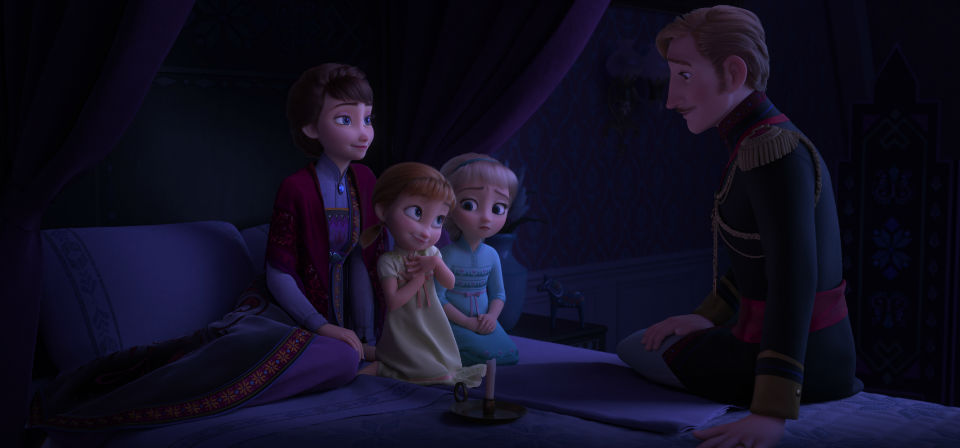
Frozen II (2019)
Anna and Elsa’s relationship is a major improvement on the first film, but in almost every other way this sequel is lost in the woods.
Frozen [video]
Compared to Disney’s last (and only other) computer-animated fairy tale, Tangled, Frozen has twice the princesses, twice the hunky love interests, twice the domesticated anthropomorphic ungulates … but not a fraction of the humanity.
![Fruitvale Station [video]](/uploads/articles/fruitvale-station.jpg)
Fruitvale Station [video]
Oscar Grant just might be the most memorable character I’ve encountered on the big screen this year.
The Fugitive (1993)
Ford exudes decency in the role of the innocent man wrongly accused, as Kimble throughout the movie consistently goes out of his way to help other people at his own expense, regularly risking capture and even death for the sake of others. Best known for playing confident, capable action heroes in the Indiana Jones and Star Wars movies, Ford is also remarkably persuasive in the role of the unlikely action hero — the unassuming, nonphysical, white-collar professional who isn’t used to swashbuckling (a role he played also in Frantic and Air Force One).
The Fugitive (1947)
Not to be confused with any version of the story of Dr. Kimble and the one-armed man, this Fugitive is director John Ford’s underrated adaptation of Catholic novelist Graham Greene’s masterpiece The Power and the Glory.
Recent
Home Video
Copyright © 2000– Steven D. Greydanus. All rights reserved.